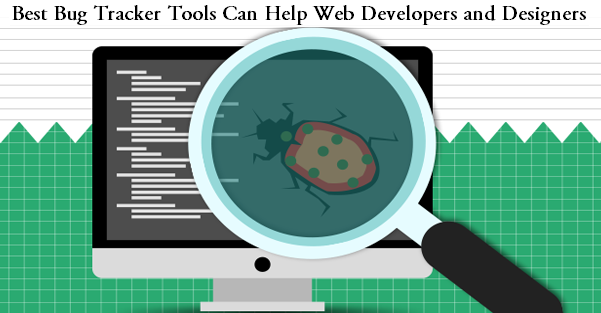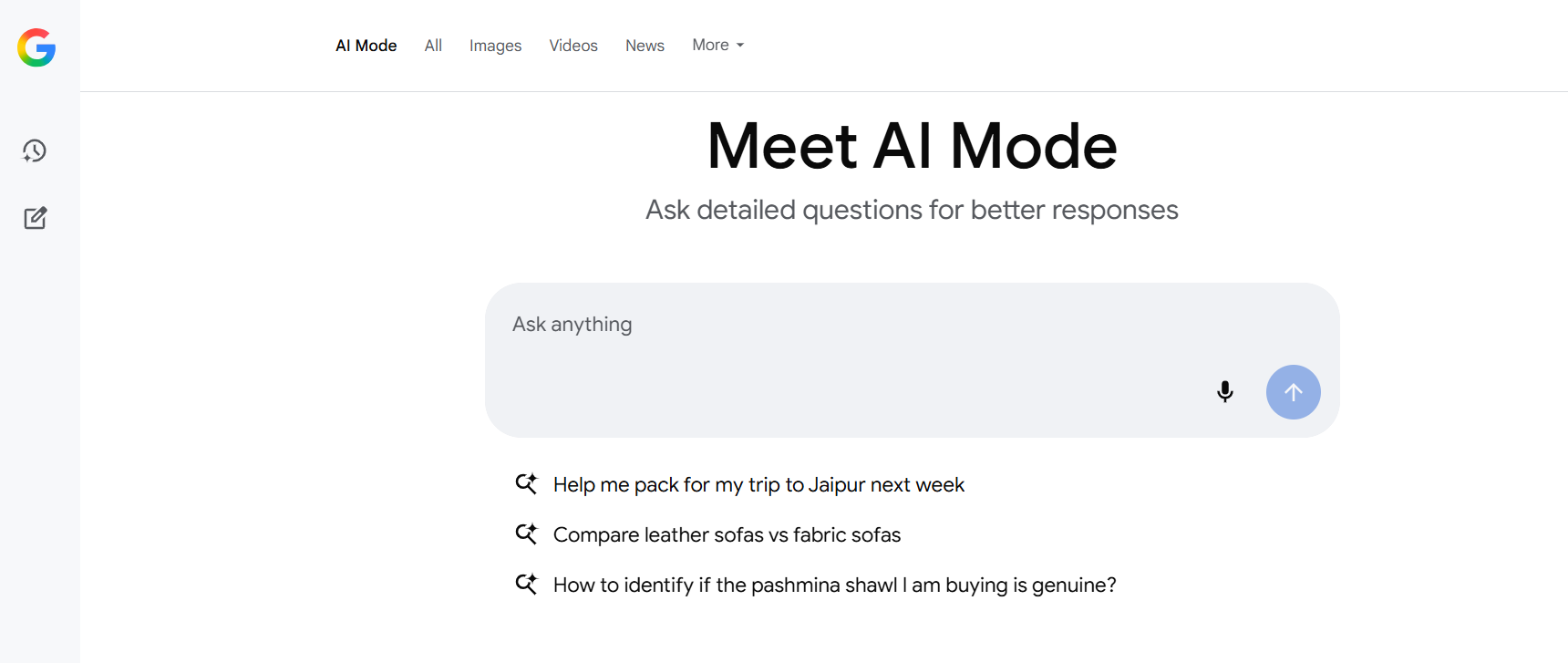Coding is a highly intricate process of development and with the rise of new technologies, the developer world is being challenged with paying higher emphasis on tracking and analysing code bugs.
The process of building a simple website can be quite a challenging process and accommodating all the new technologies into perspective, requires more security and constantly evolving infrastructure to reduce the barrier of code bugs.
Let us look at some of the top code bugs tracking tools for web designers and developers alike:
GITHUB:
GitHub is perhaps one of the best examples to start with, as they have brought the world of open-source code sharing to amateurs as well as expert developers and beginners. GitHub is the go-to platform for developers wanting to share code, fixing any project issues, different approaches to tackling technology advancements and many such functional benefits. It is also equally beneficial for private institutions and businesses wanting to collaborate on certain projects, giving rise to new ideas and ways of working. Since the code for each project is easily accessible, it is also possible to find out the approach of expert developers on a particular project.
FOGBUGZ:
FogBugz assimilates different functionalities into a common interface- whether it is project management and timely tracking or using softwares such as Agile and a discussion group platform. It essentially means a one-stop platform for different tools that web developers could need for any kind of problem related to bug tracking and project managing. It also comes with an in-built search engine that allows you to cater to the most pressing issues and particular code that you might like to review.
GITLAB:
Again, GitLab is an efficient platform for developers and designers to share code, manage it and sometimes even test it. There is also an important feature this platform offers called “Code collaboration” which essentially allows different developers to work on different code parts at a single time, coming together to form a production ready version. GitLab also has a Wikipedia feature for project management and a bug tracker for code management.
MANTIS:
Although Mantis can be unimpressive because of its simple interface, it is definitely a tool to watch out for. Its USP lies in its simplicity and ease of application. In order to keep themselves evolving, they have come as a web application and a mobile version for its application. PHP implemented, it is a free platform and also offer hosting services, which are quite reasonable, to say the least.
BUGHOST:
A simple web-based defect tracking system that has all the features that you would require to manage your project effectively. One of its major attractions lies in the feature of its WebHost that one can use for the end consumers to create any issue directly into your project.
RT/RTIR:
This is definitely one of the most interesting platforms for code tracking and bugging. One of the most important features to talk about is the request tracker. It is a support ticket platform for bugs, support issues and any other kind of security concerns. Any email that is sent to a specific address can be tracked through the request tracker system and can be accessed by anyone on the team.
DEVTRACK:
DevTrack isn’t your original defect tracking system, although one cannot question its functionality. It is usually available as an individual component or can be accessed through Agile Studio, DevTest Studio or the DevSuite. It can be called a comprehensive system for implementation tracking. It is known to support both Agile and Waterfall projects.
REDMINE:
Written on the backbone of Ruby and Rails framework, RedMine’s features include multi-tasking which would involve managing more than one project at a time, a great user access management feature that assigns different roles to different team members, a highly efficient system for tracking any kind of code issues and all the regular features that come with platforms.
TRELLO:
Trello might not be the ideal platform for tracking code issues but can be definitely used for keeping tracking of your development progress which would involve tracking bugs as well. Trello’s main focus is on idea generation and more to do with focusing on the timeline and the right path for a project.

PIVOTAL:
Pivotal’s main focus is on managing and providing access to better software along with better overall service. It deals with providing developers with micro-services, especially those developers who are focused on making lives easier and better. It is known to collaborate with big data companies, making use of cloud computing power and providing heavy and secure analytics software, catering to every developer’s need.

 Web and Full Stack
Web and Full Stack CMS and Frameworks
CMS and Frameworks Online Marketing
Online Marketing Cloud Services
Cloud Services ECommerce
ECommerce Mobile
Mobile



